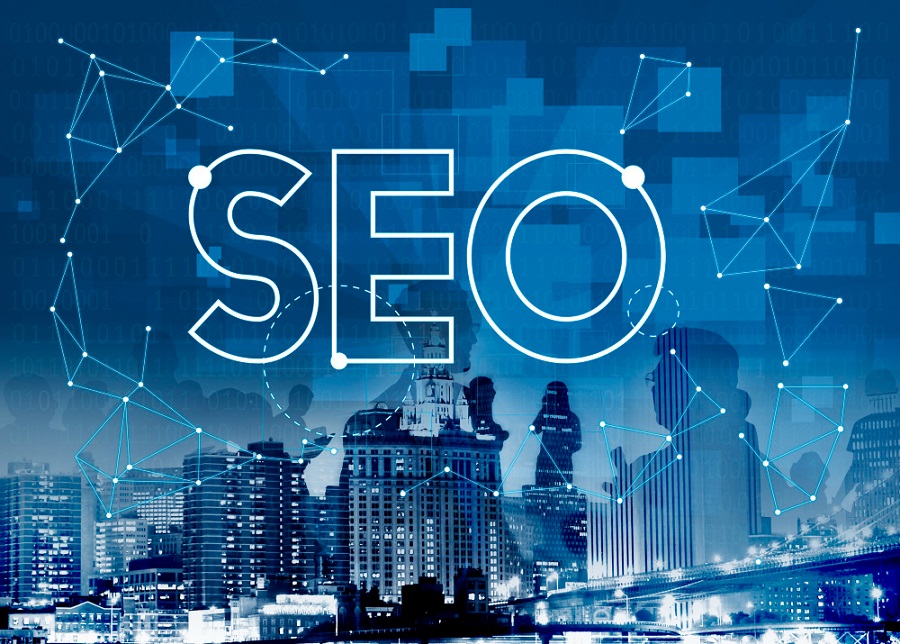The strong competition and high customer expectations in North America and Western Europe mean that your digital marketing budget allocation can significantly impact your business’s financial performance. The main players in the game are suggested by SEO and PPC advertising.
However, investing more in one approach over the other should be based on what your company aims to achieve, how quickly you need to complete the work, and the resources on hand.
Understanding the Basics: Defining SEO and PPC
SEO (Search Engine Optimization) is about making your website and its content easier to find when someone searches online. Here, quality in content, keyword usage, links from other websites, a well-structured site, and a good user experience are given priority. Results can come gradually, but they tend to be permanent and affordable later in life.
Paid advertising services, such as models such as Google Ads, fall under the category of PPC, and here, businesses must place a bid and pay when a user clicks their ad. This strategy allows you to be seen and assess results, as long as you maintain the funding for the ads.
Understanding the importance of each approach guides companies in allocating their money wisely.
How to Budget for SEO: A Long-Term Investment
SEO is a long-term process that shouldn’t be rushed. Healthy SEO budgets allot resources to:
- Blogs, product pages, and videos are examples of content creation.
- Technical SEO audits
- Link-building campaigns
- On-page and off-page optimization
While SEO may not show immediate results, the cost to acquire customers decreases as time goes on. In businesses where customers must go through a lengthy process (legal, real estate, SaaS), dedicating time to SEO can help acquire visitors who come back over a longer period than advertising can provide.
Ideal Spend:
Put about 30-50% of your advertising budget for SEO if you want your brand to be more trusted online, receive consistent leads, and rely less on paid ads in the long run.
Ideal Budget For PPC: Aiming for High Precision
PPC is very useful if you are looking for quick outcomes such as introducing a new product, getting into a new market, or increasing sales during certain seasons. Your budget should cover:
- Ad copywriting
- Keyword bidding
- Campaign management
- Landing page optimization
You have the option to manage your costs tightly, how you target the audience, and the messages you deliver. However, if you end your PPC funding, the traffic will also stop. For this reason, PPC fits perfectly for businesses that need a quick result in markets where ranking on search engines is hard.
Ideal Spend:
Preset around 40-60% of your digital budget to use in PPC if you need quick results from launching new things, changing markets, or competing for top positions in search results.
Keeping the Hybrid Approach: Combining SEO and PPC
Businesses that do well in the market usually link SEO and PPC. They do not separate them but use both at every stage of the funnel.
- PPC can help you appear at the top of search results and deliver speedy insights into what keywords bring in the best results.
- The information should be applied to SEO content to help your site rank higher naturally.
- Let SEO help your brand be found online over time, and use PPC to target and attract visitors who may be interested.
By using both SEO and PPC, you can gain trust and reach your goals with more precision. Here, companies can take the help of Zenith Solz or other marketing agencies, which can perfect the budget.

 +91 9836 720 921
+91 9836 720 921 +91 9836 720 921
+91 9836 720 921 saha@zenithsolz.com
saha@zenithsolz.com soumya.seo@outlook.com
soumya.seo@outlook.com

 By admin
By admin